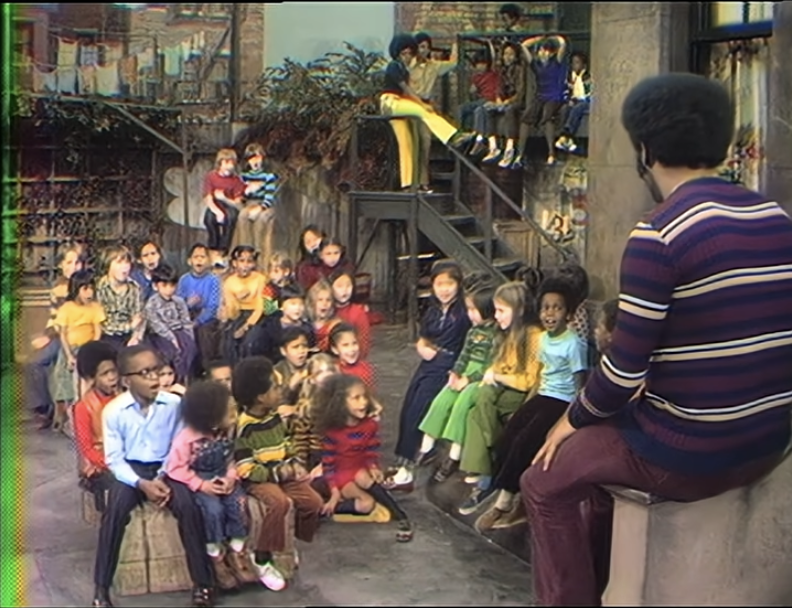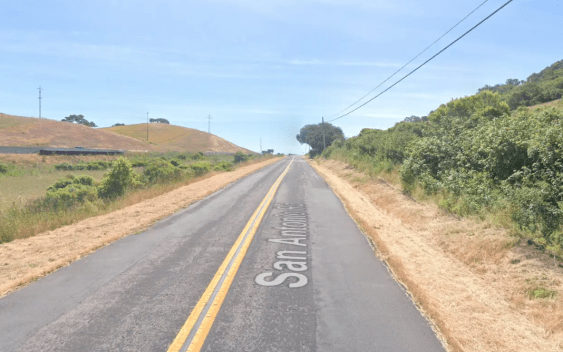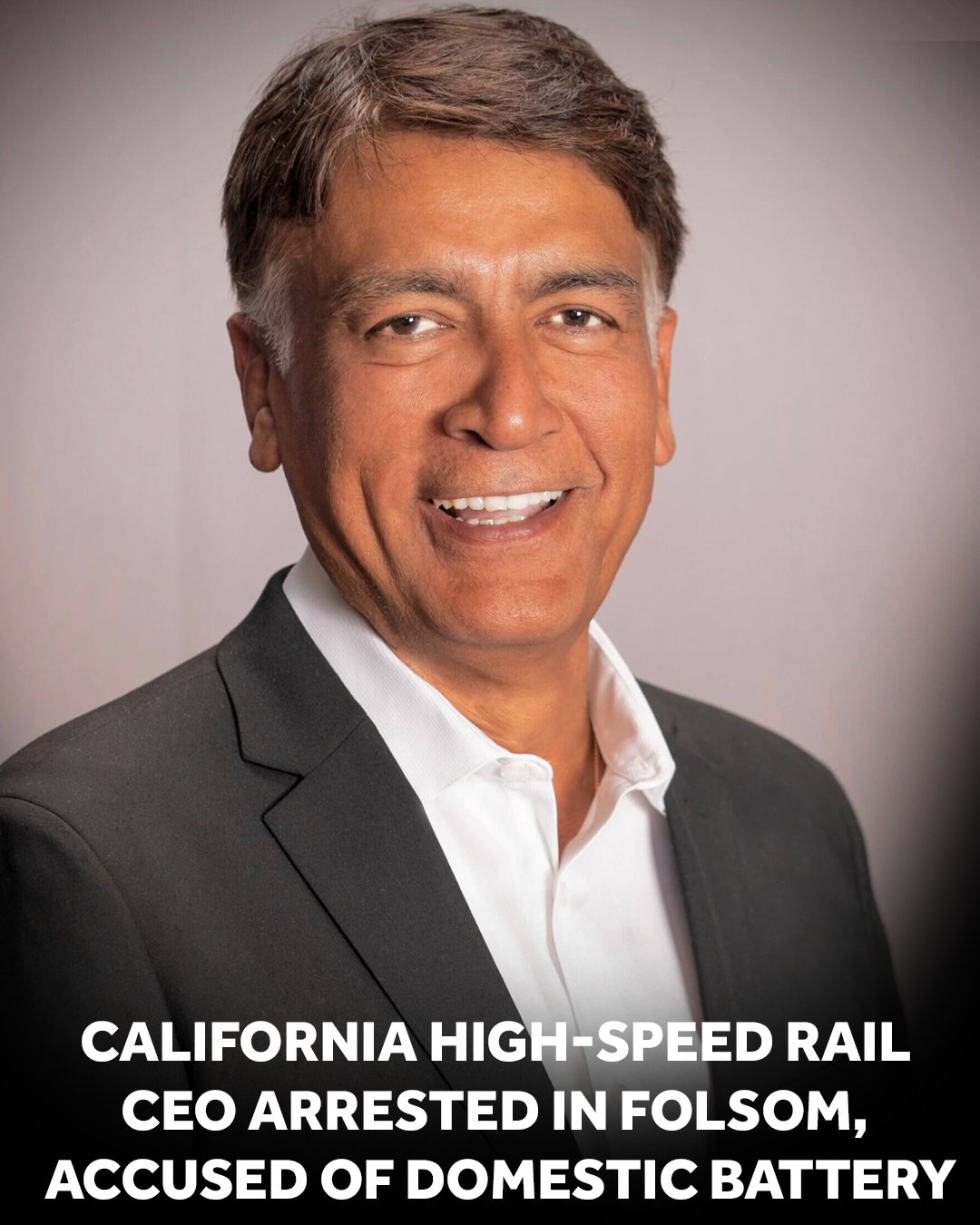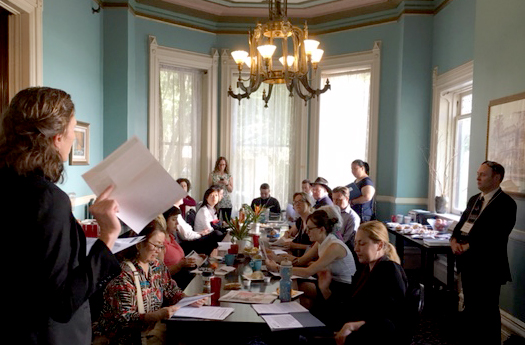
In a wide-ranging conversation at the TransForm/CalBike Equity Summit, Malcolm Dougherty kept right on saying things that advocates are not used to hearing from the director of Caltrans. He reiterated Caltrans' commitment to its goals of tripling biking trips and doubling the number of walking trips in the state. He said that California is investing more in transit than it ever has before, and he even said there are freeways in the state “that may not be serving their original purpose” and maybe should be removed, using the Embarcadero Freeway in San Francisco as an example of the improvements that could bring.
Further, Dougherty proclaimed, “We should cap the 101.”
Dougherty's comments came during a panel that included him, Kate White, Deputy Secretary for Environmental Policy and Housing Coordination at CalSTA, and Stephanie Jones of the US DOT in a conversation that acknowledged past transportation planning errors that led to divided communities and inequitable distribution of mobility benefits. They talked about funding challenges, the state transportation agency's attempts to be more open and transparent, and what the state can do to help guide local transportation planning decisions.
The two major transportation funding streams in California are the State Highway Operation and Protection Program, or SHOPP—which focuses on safety upgrades and rehabilitation of existing roads—and the State Transportation Improvement Program, or STIP, most of which is allocated to local jurisdictions. The locals decide how to spend that money, said Dougherty, but “the state needs to provide goals and incentives for them to spend it on the right things.”
“California is focused on maintenance and 'fix-it-first,'” said White. “The state is not building any new highways.” However, she warned, local sales tax measure plans have their own expenditure plans, and if local governments think a highway expansion will help get them the necessary two-thirds vote—or if they believe adding capacity will solve their congestion problems [see: induced demand]—then expansions will be included in the plans. “Get involved in conversations on local sales tax measures,” she said, “because that's what's driving highway expansion.”
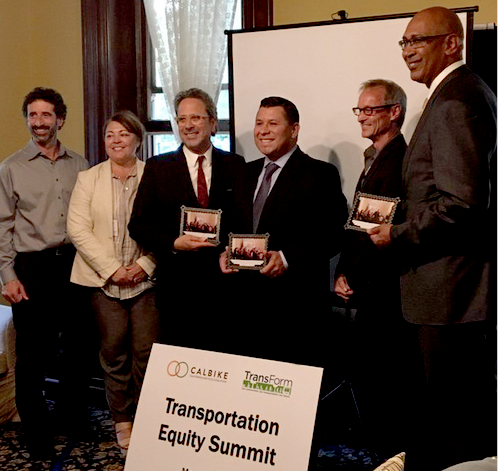
The remarks came at the opening session of the TransForm/California Bicycle Coalition Transportation Equity Summit on Monday in Sacramento, which gathered advocates and planners to talk about gaps in equity and how to address them. It was followed by an Advocacy Day, in which groups of advocates met with legislative staff to discuss a transportation equity agenda that includes budget allocation requests and support for several bills (more on that below).
One thing became very clear at the opening panel, however: what constitutes the administration's proposed “Low Carbon Roads” program, which under Governor Brown's current budget proposal would be allocated $100 million from the state's cap-and-trade revenues, remains murky. “Any program funded by cap-and-trade,” said White, “has to, first and foremost, reduce greenhouse gases. There are only so many types of road improvements that would do that.” Dougherty pointed out that the California Air Resources Board “would have a large role in developing the program, including new guidelines for it,” and that Caltrans “will be driven by those guidelines.”
There is still no clear explanation forthcoming as to why it's necessary to create a new program when the existing, highly competitive and underfunded Active Transportation Program has already done all that work, and is focused on the same things.
The Summit offered discussions and presentations by planners, advocates, and community organizers that covered a range of topics. Check out TransForm's Storify here for some highlights.
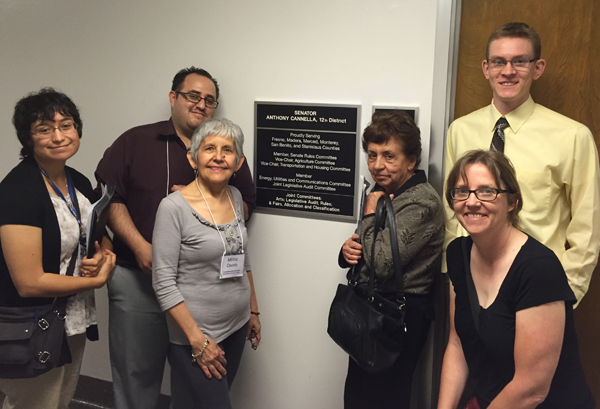
At the Advocacy Day on Tuesday, groups of advocates presented the following requests to legislative staff and told their personal stories about why these issues are important:
- Double investment in the Active Transportation Program. Funding needed would be the same amount that the governor proposes to allocate to a “Low Carbon Roads” program. The ATP already exists and is working as it should, investing money in encouraging more trips to be taken by bike and by foot, thus increasing good health outcomes and decreasing greenhouse gas emissions.
- Increase the amount of money going to transit operations. It is easier to find money to invest in new transit capital expenses, such as new buses and rail lines, than it is to find money to maintain, run, and increase existing services. California keeps making this mistake over and over; it's one of the reasons our “roads are crumbling” as the headlines like to say. We shouldn't make the same mistake with transit—California needs to invest money in running better transit operations.
- Fund a transit pass program. This means supporting Assemblymember Chris Holden's A.B. 2222 which would provide low-cost transit passes for students. Investing cap-and-trade revenue in transit passes for seniors and low-income people would also help make transit affordable for those who need it.
- Mandate Complete Streets improvements on all roadway maintenance projects. This is a stated Caltrans policy, but it is not always followed. TransForm and CalBike are requesting that the legislature require that any repair, maintenance, and rehabilitation projects paid for by the state include robust consideration of all users, not just car drivers.
- Leverage transportation investments to create jobs for vulnerable Californians. There will be investments, sooner or later, in infrastructure, and these will be opportunities to lift up communities that have been left behind by past investments. These investments should include workforce training programs and employ people from disadvantaged and low-income communities.

